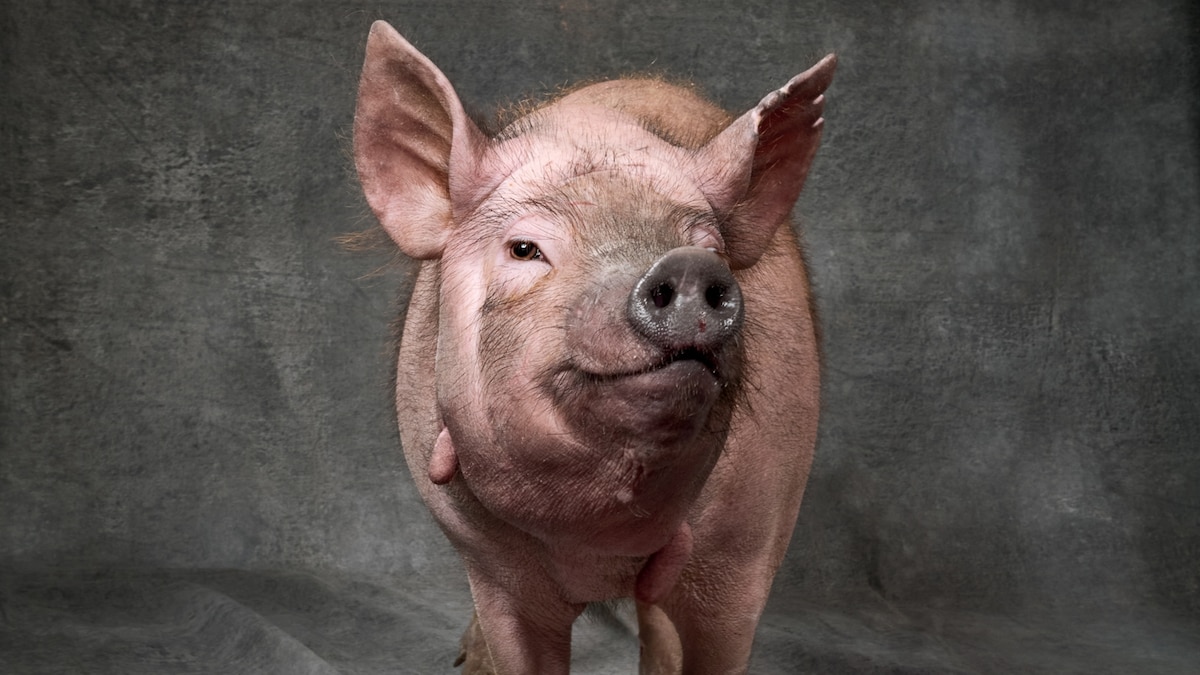Now Reading: China Achieves Milestone with Pig-to-Human Lung Transplant Success
-
01
China Achieves Milestone with Pig-to-Human Lung Transplant Success
China Achieves Milestone with Pig-to-Human Lung Transplant Success

Quick Summary:
- Scientists in Guangzhou, China conducted the first documented pig lung transplant into a human in May 2024.
- The patient was brain-dead; immune response and organ function were monitored for nine days before termination at the family’s request.
- The transplanted pig lung, genetically modified to reduce rejection risk, showed organ damage and immune response but exhibited no immediate intense rejection.
- Substantial challenges remain for safe lung xenotransplantation, especially regarding long-term outcomes and managing immune responses effectively.
- Similar efforts with gene-edited pig kidneys, hearts, and livers have seen varying results but remain pivotal in advancing xenotransplantation research globally.
- Bioethical concerns include raising animals for organs and implications of using brain-dead patients as experimental recipients.
indian Opinion Analysis:
The attempted use of a gene-edited pig lung marks an important advance in global biological sciences and organ transplant technology. While primarily significant due to medical scarcity-India included-it raises questions about ethical treatment of both experimental subjects (animals or humans) and equitable access to resulting technologies. India’s large population with rising chronic health conditions could benefit from innovations addressing donor-supply gaps but must consider cultural sensitivities around animal-based medicine alongside bioethics frameworks governing such practices universally.
Read More: National Geographic Article



























